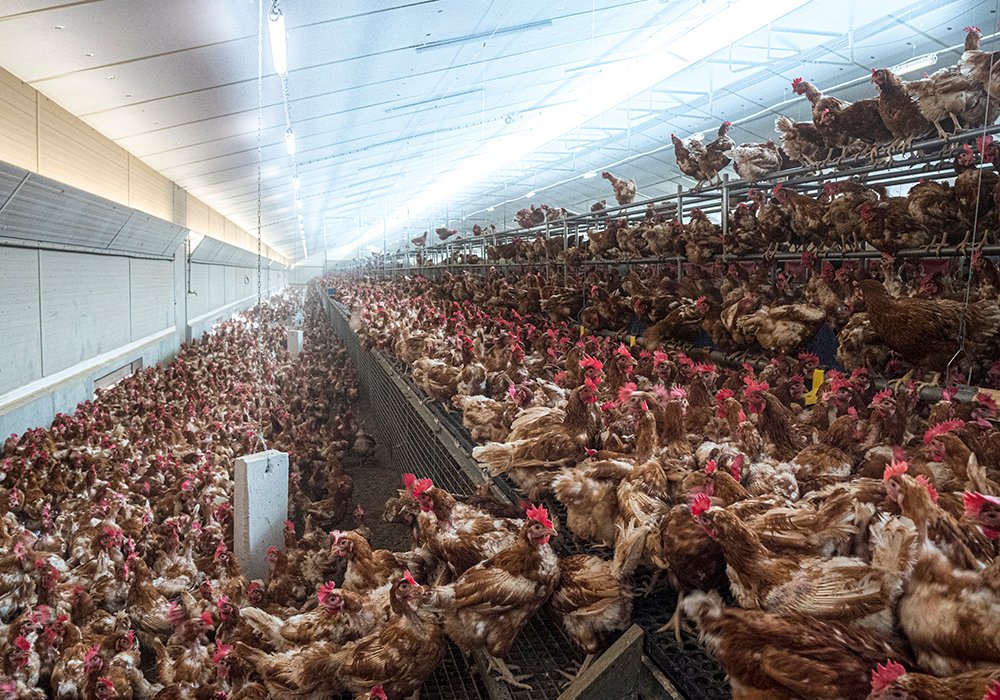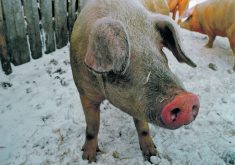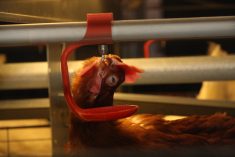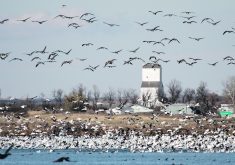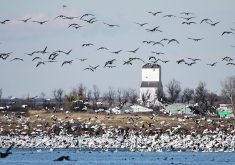Avian influenza has been confirmed in British Columbia’s domestic poultry.
To contain the spread, more Canadian Food Inspection Agency primary control zones are being established.
“CFIA has confirmed the presence of avian influenza at a farm in the Regional District of North Okanagan,” read a statement issued the morning of April 14 by Lana Popham, B.C.’s Minister of Agriculture and Food.
Read Also

VIDEO: Agritechnica Day 4: Robots and more robots, Nexat loves Canada and the trouble with tariffs
Agritechnica Day 4: Robots and more robots, Nexat loves Canada and the trouble with tariffs.
The province has ordered all commercial poultry flocks with more than 100 birds to be moved indoors until the wildfowl migration period ends next month.
B.C.’s confirmed case is the latest reported in domestic flocks during the past two weeks with others reported in southern Ontario and Alberta. Those were proceeded by cases in Nova Scotia and Newfoundland and Labrador between December and mid-March.
So far 11, primary control zones have been established in southern Ontario in which transportation of live poultry and related products is strictly controlled. Six such zones have now also been set up in Alberta as of April 14 at sites between Calgary and Red Deer.
Small flock and commercial operators are asked to increase their bio-security measures and to be vigilant of the symptoms of bird flu, which includes listlessness, diarrhea and sudden, unexplained death.
As well, a snow goose in Saskatchewan was confirmed to have been carrying the highly pathogenic virus, and multiple cases across the continent have been reported in wildfowl and domestic flocks.
CFIA reported on April 11 that more than 260,000 domesticated birds have been destroyed because of bird flu containment efforts or have died of it, with more deaths expected.
Contact alex.mccuaig@producer.com


